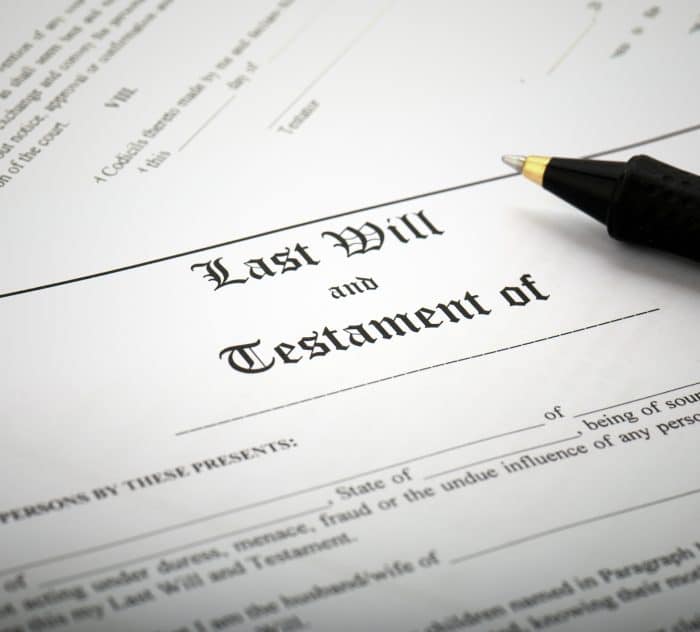The passing of a loved one is always a challenging time and navigating the financial implications of administering his or her estate can add yet another layer of complexity to an already emotional experience. Estate Taxes, in particular, can impose a significant burden on beneficiaries, often requiring them to pay large sums of money in a relatively short period—only 9 months after a decedent’s death. Fortunately, there’s a provision of the U.S. tax code—IRC § 6166—that can offer relief by allowing eligible estates to defer the payment of estate taxes over an extended period. Here, we’ll discuss some of the details of IRC § 6166, including its eligibility criteria, the benefits it offers, and some of the considerations and limitations to using the strategy.
IRC § 6166 was passed to help ease the financial strain on beneficiaries of large estates, particularly those estates mostly comprised of an interest in a closely held business. Since those assets are usually not easily liquidated, the statute provides an option to defer over time the portion of the estate tax liability attributable to the value of that closely held business. This option to defer allows beneficiaries to pay their estate tax obligation in installments rather than in one lump sum. The threshold question to whether an estate is eligible for deferral under IRC § 6166 is whether the value of the decedent’s interest in the closely held business exceeds 35% of the value of the decedent’s total estate (with some adjustments).
If a decedent’s estate contains an interest in a closely held business that exceeds 35% of the value of the decedent’s adjusted gross estate, then the Personal Representative of the estate may make a timely election on the federal estate tax return (IRS Form 706) to defer the portion of any estate tax liability generated by such closely held business. To be timely, the election must be made within nine months of the date of the decedent’s death. Once made, payment of the estate tax attributable to the value of the interest in such closely held business can be deferred for not more than 5 years; starting the fifth year, annual installment payments must begin. The statute sets a maximum number of annual installment payments at 10 total, so making an IRC § 6166 election can give the beneficiaries of an estate a total of up to 14 years to pay what is oftentimes a relatively large sum of money. This is a significant benefit!
An IRC § 6166 election gives beneficiaries time, and we all know “time is money.” A successful closely held business that is not immediately burdened with the payment of estate taxes can help the beneficiaries pay the estate taxes imposed on the succession in the first place. The time that an IRC § 6166 election affords to beneficiaries can also be used to ensure business continuity. By not having to immediately pay a large, lump sum in estate taxes, beneficiaries are better positioned to prevent the disruption of business operations or, worse, the need to sell the business itself to cover those estate taxes. If the closely held business is to be sold nonetheless, then the deferred time can be used to sell the business or other illiquid assets on more optimal terms than would be required under the short, nine-month deadline otherwise required for estate tax payment.
An IRC § 6166 election can certainly offer significant benefits for beneficiaries; however, there are certain considerations and limitations to keep in mind as well. First to consider is interest and penalties. While the initial deferral period does not require payments, interest will still accrue on the deferred portion of the estate tax until the estate tax is paid in full. Further, any late payments beyond the deferral period may incur penalties. Next to consider is that, to secure the deferred payment, the IRS will have a lien on the business assets as security for the payment of the estate tax. This ensures that the government’s interests are protected in case of default. Lastly, the value of the closely held business must be accurately determined, as it forms the basis for determining whether the Estate meets the 35% threshold for qualifying for the IRC § 6166 estate tax deferral. Valuation experts and appraisers will need to be retained to establish the fair market value of the business.
Navigating estate taxes can be a daunting task during an already emotional period. IRC § 6166 offers a valuable solution for taxable estates with large, closely held businesses by allowing beneficiaries to defer a portion of the estate tax liability and pay it over an extended period. By giving beneficiaries time, this provision may provide families with a viable way to support the continuity of that closely held business and to accumulate and preserve the assets necessary to manage these financial obligations. However, it is crucial to carefully consider the eligibility criteria, benefits, and potential limitations before making the election. Seeking professional advice from the estate planning attorneys and tax experts at Poyner Spruill, LLP can help ensure that an IRC § 6166 deferral strategy aligns with an estate’s unique circumstances.


